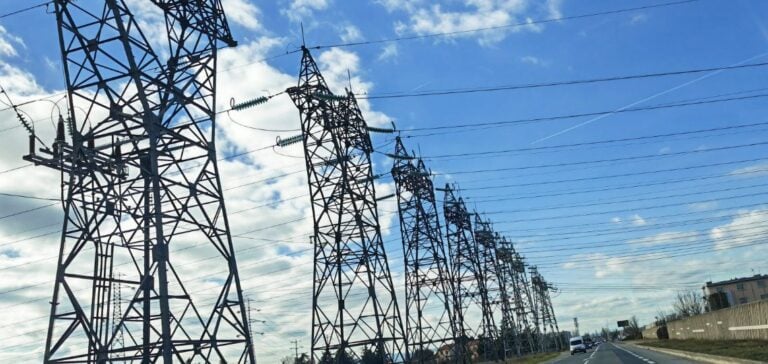The French Energy Regulatory Commission (CRE) has released its guidelines for the implementation of new regulated sales tariffs (TRVE) for consumers subscribing to capacities exceeding 36 kVA. These changes, effective from February 1, 2025, stem from Law No. 2024-330 of April 11, 2024, which removes the current 36 kVA cap.
Previously, only residential customers and small businesses employing fewer than 10 people with annual revenues below €2 million could benefit from TRVE for capacities up to 36 kVA. The removal of this cap expands eligibility to larger enterprises and sites, connected to either low- or high-voltage networks.
A cost-stacking methodology
The CRE will retain its “cost-stacking” methodology for setting TRVE. This model includes several components: the regulated access tariff for historic nuclear electricity, market-priced supply costs, capacity guarantees, distribution and commercialization costs, and supplier margins.
To mitigate cost fluctuations, a smoothing period has been defined, extending over two years from 2025 to the end of 2026, before transitioning to a shorter duration starting in 2027.
Specific rules for “sup 36” sites
In its deliberation of November 21, 2024, the CRE outlined tailored measures for this new category of consumers:
1. Consumption profiles: modeled on specific criteria.
2. Hourly and seasonal rates: aligned with the rules of the Tariff for the Use of Public Electricity Networks (TURPE).
3. Commercial references: based on data provided by EDF.
4. Capacity smoothing: designed to minimize tariff fluctuations during the adoption phase.
Monitoring and adjustments planned
The CRE plans a review in early 2026 to evaluate the impact of “sup 36” TRVE on consumers and adjust parameters if necessary. This assessment aims to ensure tariff coherence with the energy market’s stability and competitiveness goals.
This reform marks a significant step in the evolution of TRVE, addressing the needs of energy-intensive businesses while supporting the sector’s regulatory objectives.






















